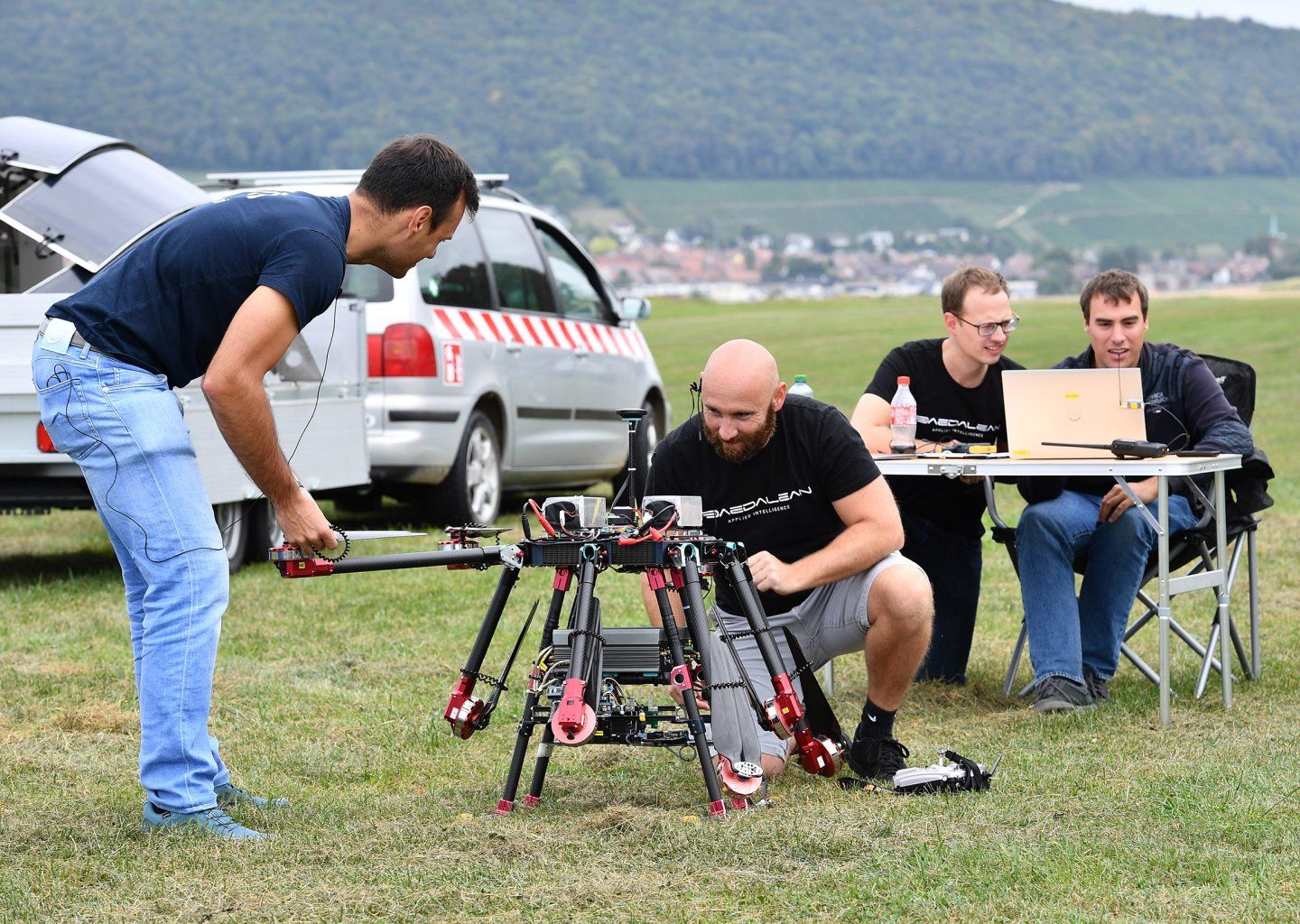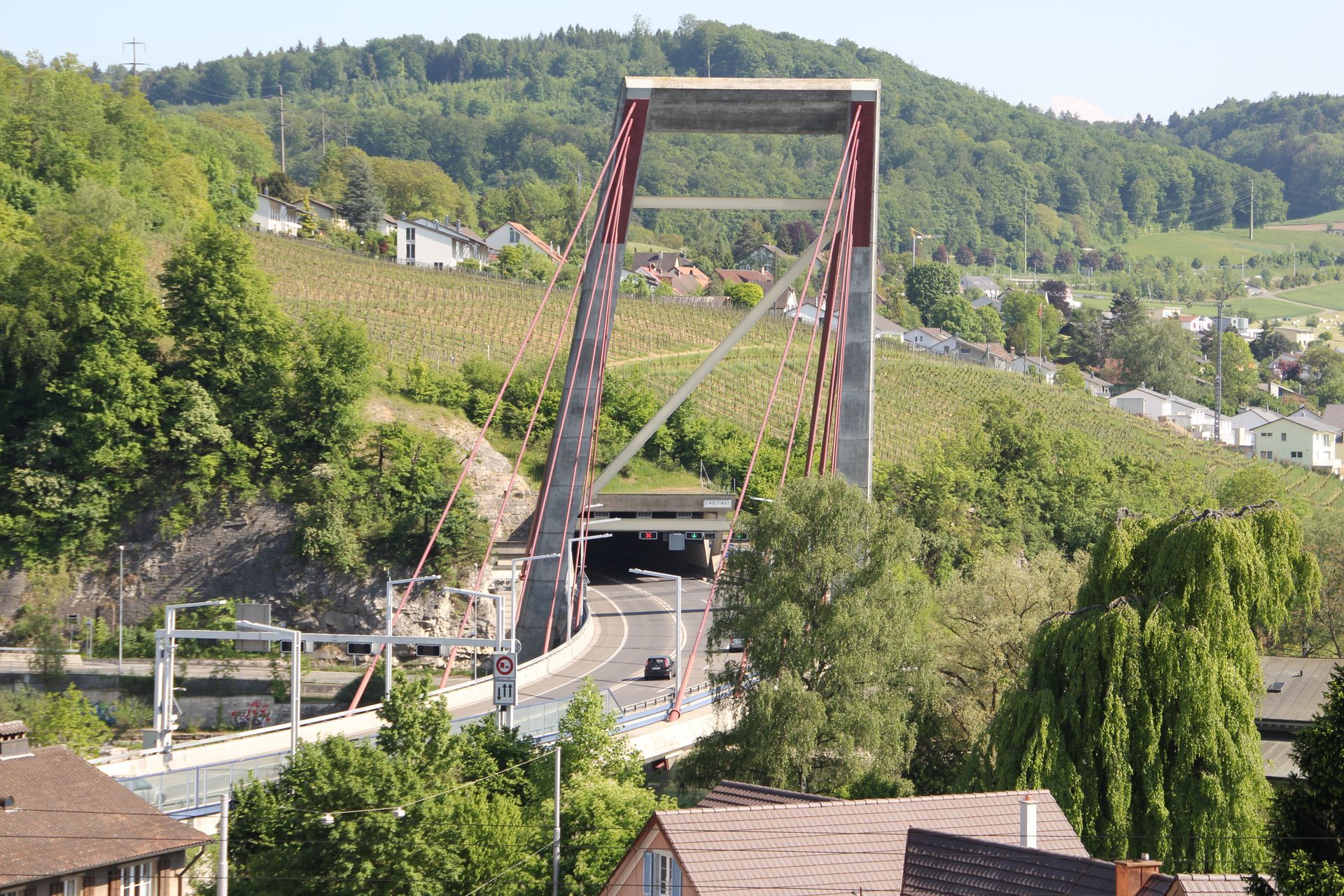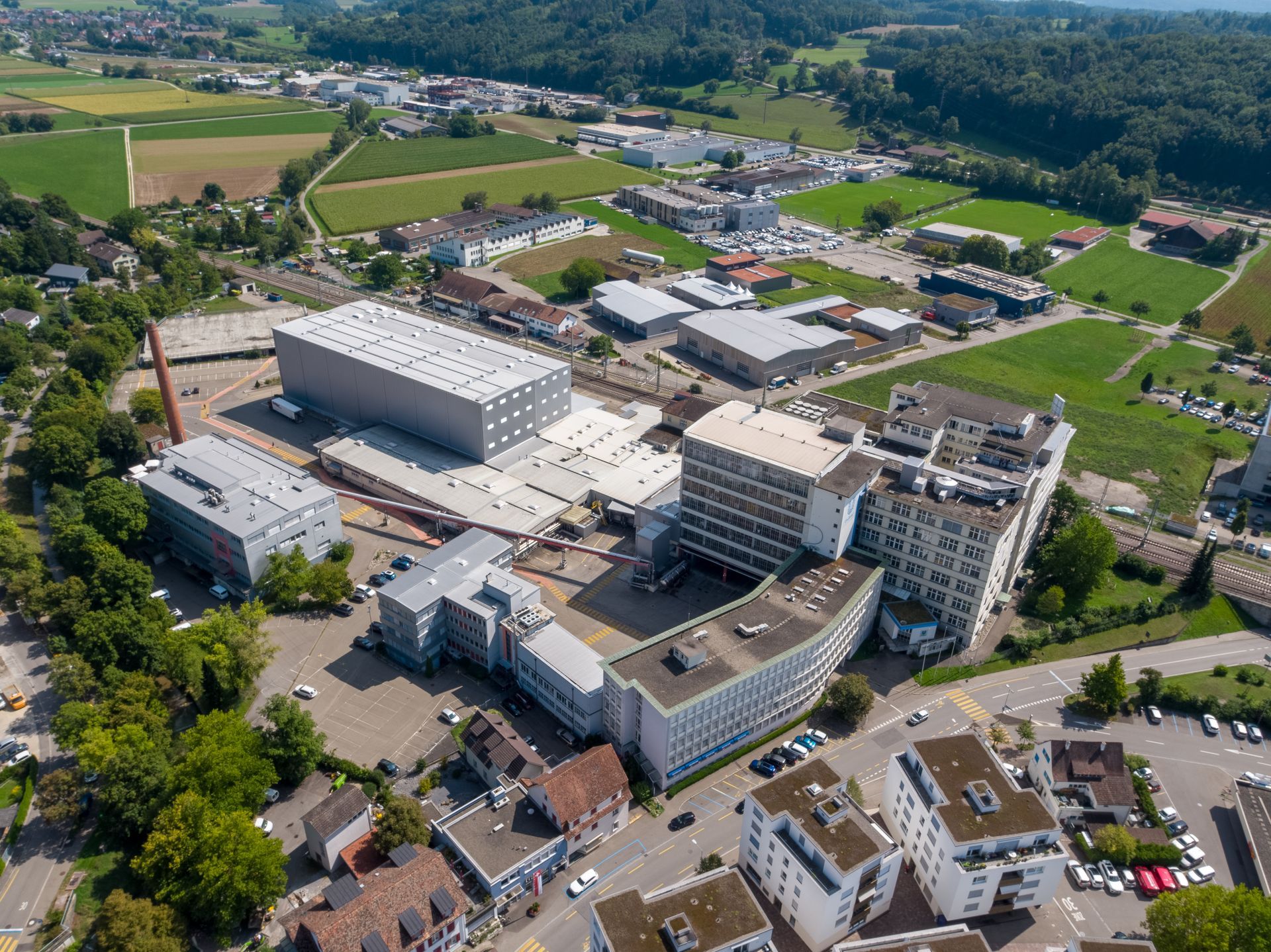At Schmerlat airfield in Neunkirch, companies and institutions of higher education will be able to test innovative drone projects.
Switzerland is a leader in the droning industry. What is still missing today, however, is a place where companies and higher education institutions can use their new technologies under real conditions. The Canton of Schaffhausen and the Economic Promotion together with the Schaffhausen Gliding Group (SGS) and the Municipality of Neunkirch want to close this gap: In future, innovative drone technologies are to be tested at Schmerlat airfield. «Companies should be able to use their developments with us, not only on the road as with the self-propelled bus, but also in the air», said state councillor Martin Kessler at the press conference at Schmerlat airfield in Neunkirch.
Bridge between research and business
Christoph Schärrer, Official Chief Representative Economic Promotion of the Canton of Schaffhausen, explained why such options are needed: «We have had good experiences with mobility on the road and have noticed that applications for drones are also in great demand. This makes us an important bridge between research and companies.» In addition to technological competence, which will also be strengthened locally, this offer should in particular lead to the creation of new jobs. This will strengthen both the region and the canton. The first companies are expected to start their tests in Neunkirch this year. Safety is the top priority in all trials, emphasised those responsible, which is why the company is in close contact with the responsible national authorities.
Demonstration with a look into the future
Daedalean - a start-up that develops artificial intelligence for the autonomous flight of the drones – and the Rapperswil University of Applied Sciences (HSR) showed how companies and institutions of higher education want to use this opportunity on the Schmerlat. Daedalean demonstrated a drone equipped with an autopilot that, thanks to artificial intelligence, can independently avoid a moving car and land safely. Daedalean has high hopes for this innovation, which is now to be tested under real conditions. The Rapperswil University of Applied Sciences also presented a logistics application with a transport drone. Katharina Luban, professor at the HSR, and Boris Videnov, system engineer at Daedalean, explained that this application of their technologies is an important step. Videnov added: «We are delighted with the flexibility and the support of the authorities here. We would be delighted if we could test and develop our drones here in the canton of Schaffhausen. We are already talking about this.»







